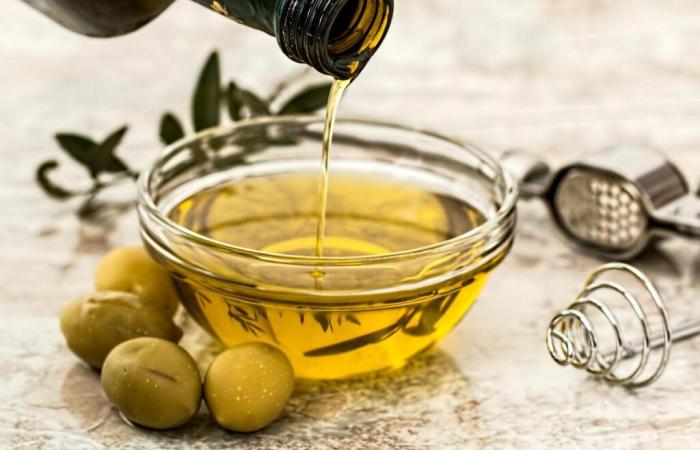Nutritionists distinguish two types of cholesterol: “bad” and “good”. The first is responsible for transporting cholesterol to cells. Only in the event of excess, it accumulates on the walls of the arteries and causes atherosclerosis, which increases the risk of infarction and stroke. The second, however, acts as a cleaning agent. He recovers the excess cholesterol; linked in particular to a diet too rich in saturated fat and sugars, a lack of physical activity or genetic predispositions; Before transporting it to the liver to be eliminated.
Olive oil has several advantages
Thus, nutrition experts consider olive oil as an excellent asset against cholesterol. Questioned by Health Magazine, the dietician-nutritionist Anne Guillot believes that “olive oil, rich in mono-insaturated fatty acids, in particular in oleic acid and antioxidant compounds, has a protective effect on the cardiovascular system. But it has other resources.
Olive oil would be an excellent anti-inflammatory. It would play a preponderant role in the tightening and obstruction of the arteries. Rich in natural antioxidants, it protects cells from oxidative stress, that is, vascular aging. Second, it improves the flexibility of the arteries, that is to say that they are able to adapt to variations in blood flow. Third, olive oil fluidifies blood, which limits the formation of blood clots and the risk of causing infarction or stroke.
In the event of a high cholesterol level, the specialist recommends favoring extra virgin Olive oils, because “they guarantee better preservation of essential nutrients”, some of which are beneficial for the heart. Conversely, refined and saturated fat oils are strongly not recommended because they significantly reduce the beneficial aspect for the arteries. To fully enjoy the benefits of olive oil, dieticians recall the importance of dosing its consumption with 2 to 3 tablespoons per day (20 to 30 ml per day).






